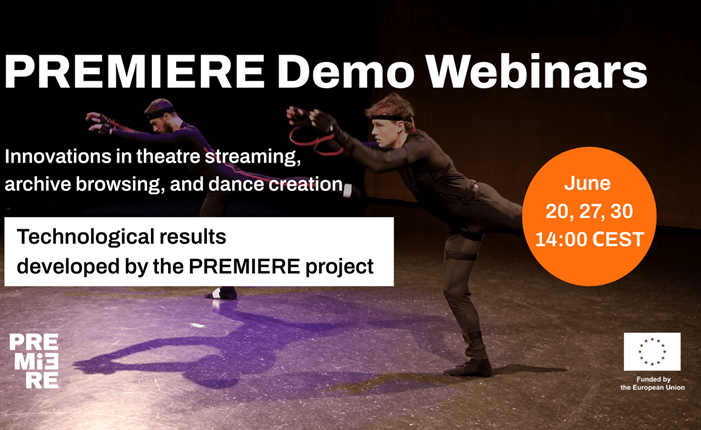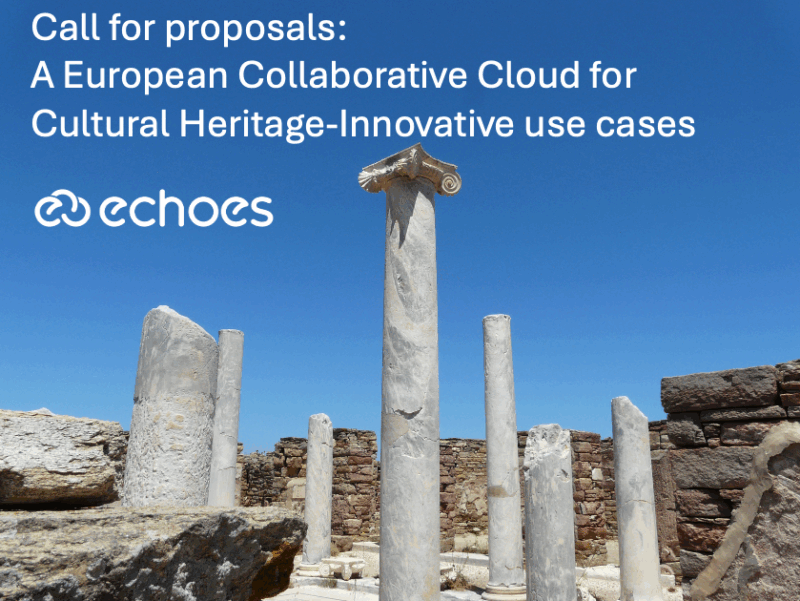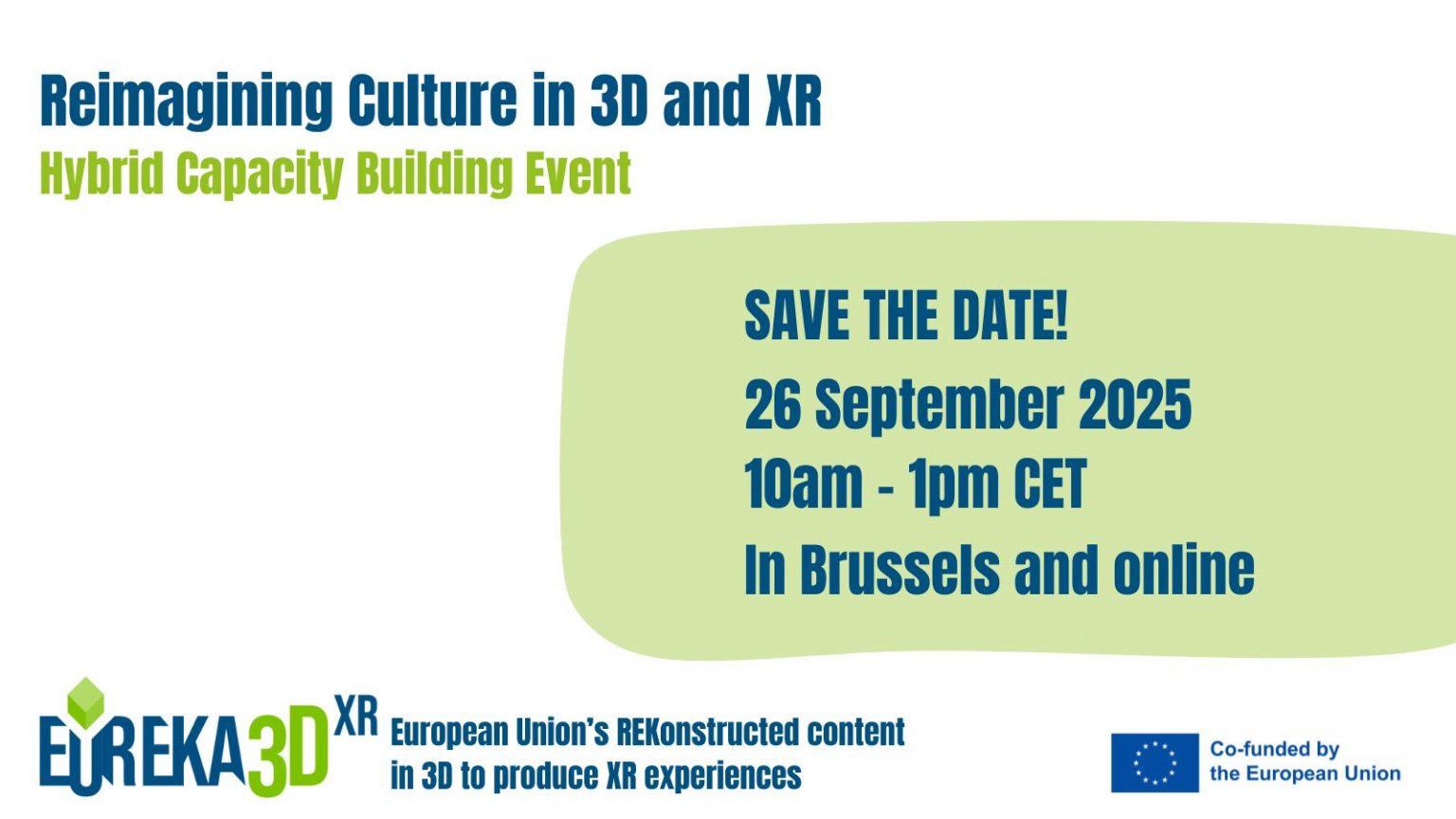As a result of the long and devoted work of dozens of experts and professional juries, more than 40 major award schemes from around the world announced some 300 prize-winning museum, heritage and conservation projects in 2016. At The Best in Heritage conference, the featured, handpicked selection of the most innovative and inspiring candidates from this accumulation of quality will represent a balanced variety of best practices.
The gathering will consist of two events: IMAGINES, a one day event where multimedia and new technology achievements will be presented; and the core event, with its packed two-day schedule. Over 40 projects from China, the United States, Japan, India, Australia, New Zealand, Canada, Russia and Europe will be presented. The conference is a rare international platform where official, private and civil society institutions & actions meet.
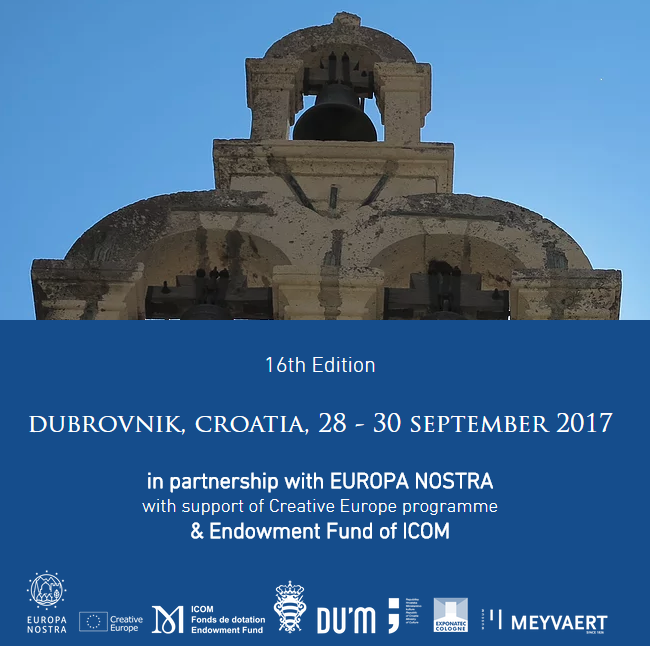
The audience, moderators-judges, and the keynote speakers will vote for “The Project of Influence 2017”, for each part of the programme. The two representatives of the winning projects will have the privilege of delivering the key-note speeches at the 2018 conference, and will be invited to present their institutions projects at the EXPONATEC fair in Cologne, in November 2017.
In addition to its global survey of best practices, the conference features rich social and cultural content organised with help of Dubrovnik Museums, Dubrovnik Archives, – all taking place in the Renaissance city centre of Dubrovnik, a UNESCO World Heritage Site. The dinner-receptions, all located in the historic palaces, will provide an inspiring and relaxed atmosphere, ideal for networking, discussing potential collaborations and getting to know prize-winning professionals in person.
The conference is organised in partnership with EUROPA NOSTRA & the Endowment Fund of ICOM, with the local partnership of Dubrovnik Museums, the support of the City of Dubrovnik and Ministry of Culture of Croatia, and with sponsorship from Meyvaert Glass Engineering.
Website: https://www.thebestinheritage.com/conference
The Programme
Thursday, 28 September
8.00 – 19.30 Registration for all events in the lobby of Theatre “Marin Držic”
16.00 – 18.00 Guided tour of the Dubrovnik City walls, for all registered participants
Official opening and IMAGINES
Multimedia Hall VISIA – Moderator: Alex Palin
10.00 – 10.10 The Best in Heritage Official Opening
10.10 – 10.30 Keynote address, Joost van der Spek, Tinker Imagineers – IMAGINES Project of Influence winner 2016
10.30 – 10.45 Project i 1: Heritage in Motion / Apps for mobile devices Award
Virtual Architecture Museum: Russia by Vizerra
10.45 – 11.00 Project i 2: 2016 MUSE Awards / Games and Augmented Reality Gold Award
Sydvestjyske Museer: Augmenting the Historic City: Trade and Merchants’ Life in Ribe
11.00 – 11.15 Project i 3: AVICOM 2016 F@IMP Awards / Video Art Prize laureate
Mosman Art Gallery: “SYRIA”
11.15 – 11.30 Project i 4: European Union Prize for Cultural Heritage / Europa Nostra Award 2016
Granaries of Memory
11.30 – 11.45 Project i 5: Museums and the Web GLAMi Awards 2016 / Platinum
AnnoTate
11.45 – 12.00 Project i 6: 2016 MUSE Award for Mobile Application
Brooklyn Museum: ASK Brooklyn Museum
12.00 – 12.15 Project i 7: Heritage in Motion / Best Achievement Award 2016
Provincie Limburg: Limburg 1914-1918, Small Stories From a Great War
12.15 – 12.30 Project i 8: AVICOM / FIAMP 2016 Website and Webart Gold
“The Voyage On Board the Cruiser Dmitrii Donskoi” by Rosphoto
12:30 – 13:30 lunch & coffee
13.30 – 13.45 Project i 9: Heritage in Motion / Websites and Online Content Award 2016
ArchivPortal – D – Building a German Archives Portal by Landesarchiv Baden-Württemberg
13.45 – 14.00 Project i 10: Museums and the Web GLAMi Awards 2016 People’s choice
British Art Studies Online Journal
14.00 – 14.15 Project i 11: Museums + Heritage Awards 2016 / Educational Initiative
Historic Royal Palaces, Movie Maker Mission
14.15 – 14.30 Project i 12: 2016 MUSE Award for Video, Film, and Computer Animation
Field Museum: The Switch: A Bill Stanley Story
14.30 – 14.45 Project i 13: MAPDA 2016 / Institution Website Level B Best in Show – Multimedia
Christchurch Art Gallery Te Puna o Waiwhetu Website
14.45 – 15.00 Project i 14: European Union Prize for Cultural Heritage / Europa Nostra Award 2016
Prehistoric Picture Project. Pitoti: Digital Rock-Art in Cambridge
15.00 – 15.10 Vote on the “IMAGINES Project of Influence 2017″
15.10 – 15.30 Closing Remarks
19.30 – 21.00 The Best in Heritage Welcome ceremony in the Theatre “Marin Držić”
With Keynote address by Dr Roberto Nardi, Centro di Conservazione Archeologica Roma – winner of Project of Influence award 2016
21.00 – 23.00 Welcome party in Sponza Palace, Venue courtesy of the Dubrovnik Archives
Friday, 29 September
“Marin Držić” Theatre: Presentations of projects
Morning session moderator: David Fleming
9.30 – 9:55 Project 1: European Museum Forum / Council of Europe Museum Prize 2016
European Solidarity Centre, Gdańsk, Poland
9:55 – 10.20 Project 2: European Museum Academy Micheletti Award 2016
Den Gamle By, Aarhus, Denmark
10.20 – 10.45 Project 3: Chinese Museums Association / Most Innovative Museums of China 2016
Guangdong Museum, Guangzhou, China
10.45- 11.10 Project 4: Estonian Museum Awards 2016 / Best Permanent Exhibition
Estonian National Museum, Tartu, Estonia
11.10 – 11.40 coffee
11.40 – 12.05 Project 5: UNESCO/Jikji Memory of the World Prize 2016
Iberarchivos Programme for the Development of Ibero-American Archives, Madrid , Spain
12.05 – 12.30 Project 6: American Alliance of Museums / Excellence in Exhibition Awards 2016
San Diego Natural History Museum: “Coast to Cactus in Southern California”, San Diego, United States
12.30 – 12.55 Project 7: Portuguese Museum Award 2016
Museu da Misericórdia, Porto, Portugal
13.00 – 15.00 lunch break
Afternoon session moderator: Suay Aksoy
15.00 – 15.25 Project 8: European Union Prize for Cultural Heritage / Europa Nostra Awards 2016
Conservation Study of The Village Gostuša, Niš, Serbia
15.25 – 15.50 Project 9: Intermuseum 2016 festival Grand-prix / ICOM Russia Award
State Darwin Museum, Moscow, Russia
15.50 – 16.15 Project 10: Swedish Museum of the Year 2016 Award
National Museum of Science and Technology, Stockholm, Sweden
16.15 – 16.40 Project 11: Telegraph Family Friendly Museum Award 2016
York Art Gallery, York, United Kingdom
16.40 – 17.10 coffee
17.10 – 17.35 Project 12: European Museum Forum / European Museum of the Year Award 2016
POLIN Museum of the History of Polish Jews, Warsaw, Poland
17.35 – 18.00 Project 13: ServiceIQ 2016 New Zealand Museum Awards / Best Museum Project
Pearson & Associates: Kaiapoi Museum, Kaiapoi, New Zealand
18.00 – 18.25 Project 14: European Union Prize for Cultural Heritage / Europa Nostra Awards 2016
Employees and activists of the National Museum of Bosnia and Herzegovina, Sarajevo, Bosnia and Herzegovina
18.25 – 18.45 SPOTLIGHT: Dr An Laishun, Vice President and Secretary General, Chinese Museum Association
“The Development and Innovation in Museums in China”
18.45 – 21.00 free time
21.00 – 23.00 Ethno dinner-party offered by Dubrovnik museums in Rupe Museum
With guided tour of the Rupe Museum 20.00 – 21.00
Saturday, 30 September
“Marin Držić” theatre: Presentations of projects
Morning session moderator: Carl Depauw
9.30 – 9.55 Project 15: European Union Prize for Cultural Heritage / Europa Nostra Awards 2016
Adopt-A-Monument, Tampere, Finland
9.55 – 10.20 Project 16: European Museum Forum / Silletto Prize 2016
Vukovar Municipal Museum, Vukovar, Croatia
10.20 – 10.45 Project 17: Japan Institute of Architects Grand Prix 2016
Oita Prefectural Art Museum, Oita, Japan
10.45 – 11.10 Project 18: Norwegian Museum Of The Year 2016
Vest-Agder Museum, Kristiansand, Norway
11.10 – 11.40 coffee
11.40 – 12.05 Project 19: European Museum Forum / Kenneth Hudson Award 2016
Micropia, Amsterdam, The Netherlands
12.05 – 12.30 Project 20: EU Prize for Cultural Heritage / Europa Nostra Award 2016
Preserving and Promoting Dance Heritage, Berlin, Germany
12.30 – 12.55 Project 21: National Lottery Best Heritage Project 2016
Lion Salt Works, Cheshire, United Kingdom
13.00 – 15.00 lunch break
Afternoon session moderator: Viv Golding
15.00 – 15.25 Project 22: European Union Prize for Cultural Heritage / Europa Nostra Award 2016
Wimpole Hall’s Gothic Tower in Wimpole, Cambridgeshire, United Kingdom
15.25 – 15.50 Project 23: Museums + Heritage Permanent Exhibition Award 2016
Royal College of Surgeons of Edinburgh: The Lister Project, Edinburgh, United Kingdom
15.50 – 16.15 Project 24: International Association for Children in Museums / Children in Museums Award 2016
GeoFort, Herwijnen, The Netherlands
16.15 – 16.40 Project 25: Chinese Museums Association / Most Innovative Museums of China 2016
Changzhou Museum, Changzhou, China
16.40 – 17.10 coffee
17.10 – 17.35 Project 26: Museums + Heritage International Award 2016
Horsens Museum and Kvorning Design & Communication, Horsens Prison Museum, Denmark
17.35 – 18.00 Project 27: MAGNA Awards 2016 / Interpretation, Learning & Audience Engagement
Museum Victoria and Princes Hill Primary School: Building Our School Museum, Melbourne, Australia
18.00 – 18.25 Project 28: Soft Power Destination Awards 2016 / Soft Power Organization
Canadian Museum for Human Rights, Winnipeg, Canada
18.25 – 18.30 Vote on the “Project of Influence 2017” by the audience and moderators
18.30 – 21.00 free time
21.00 – 23.00 Closing ceremony, Dinner and farewell party in Rector’s palace
With guided tour of the Cultural History Museum 20.00 – 21.00
Sunday, 1 October
The Post Conference Excursion by bus (only upon reservation)
THE CITY OF KOTOR (UNESCO World Heritage Site) and THE BAY OF KOTOR (MONTENEGRO)
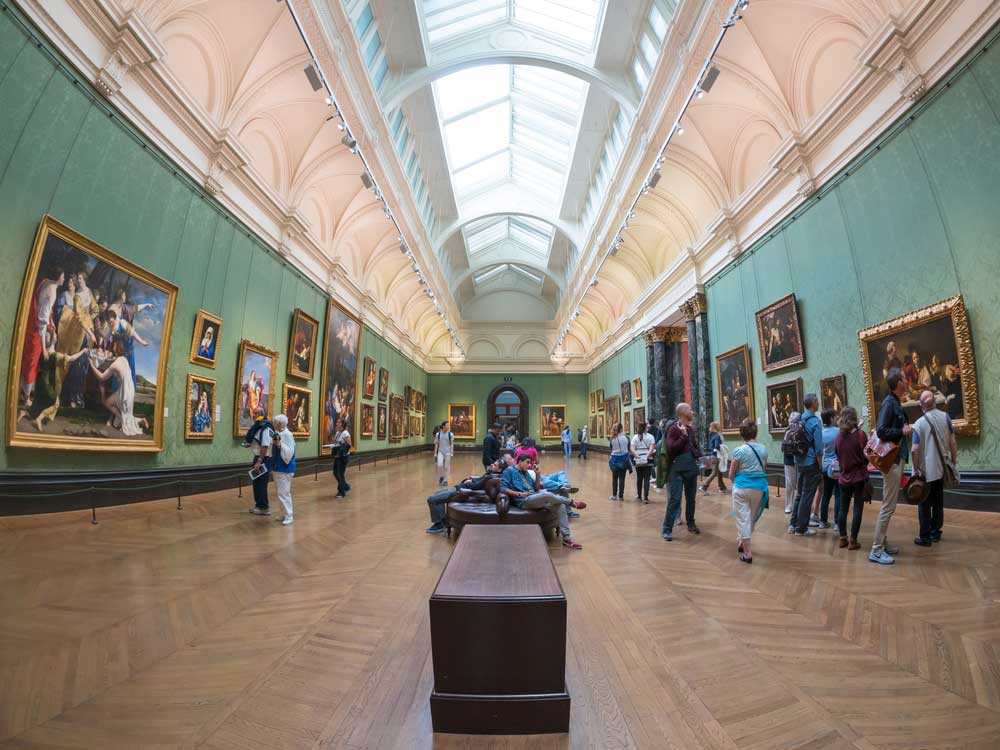


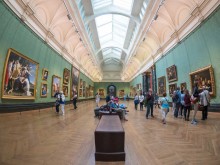
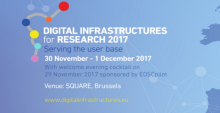
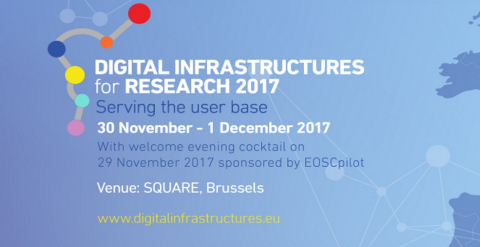

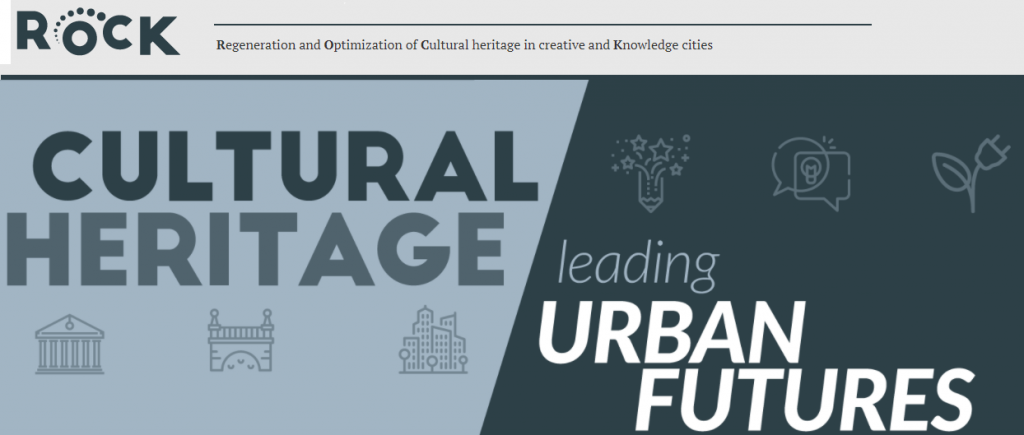
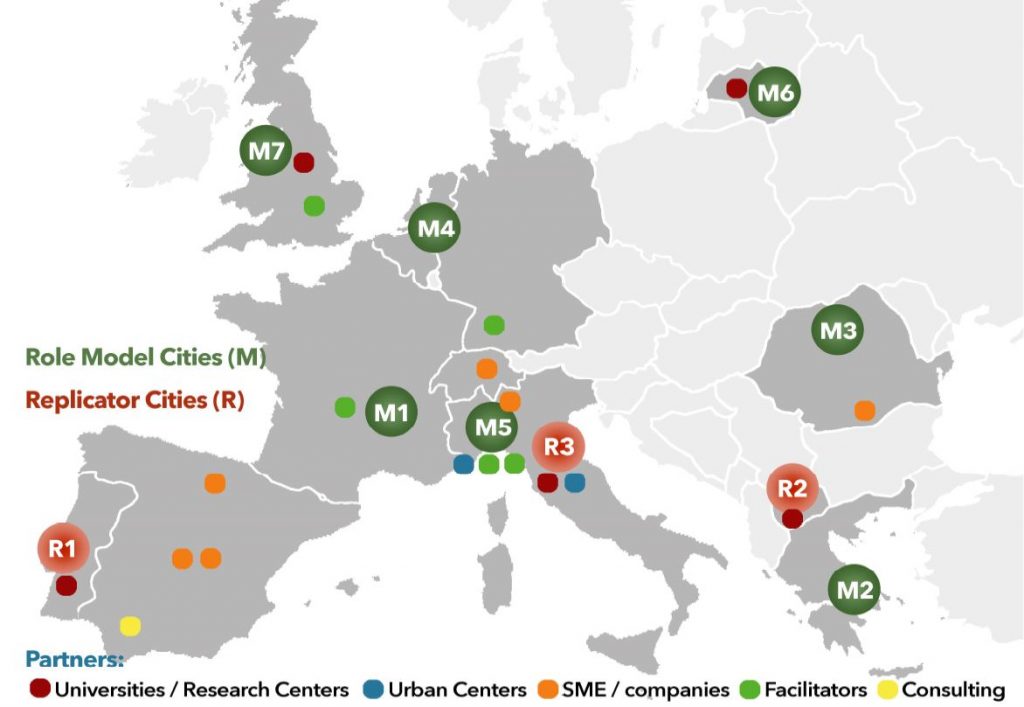
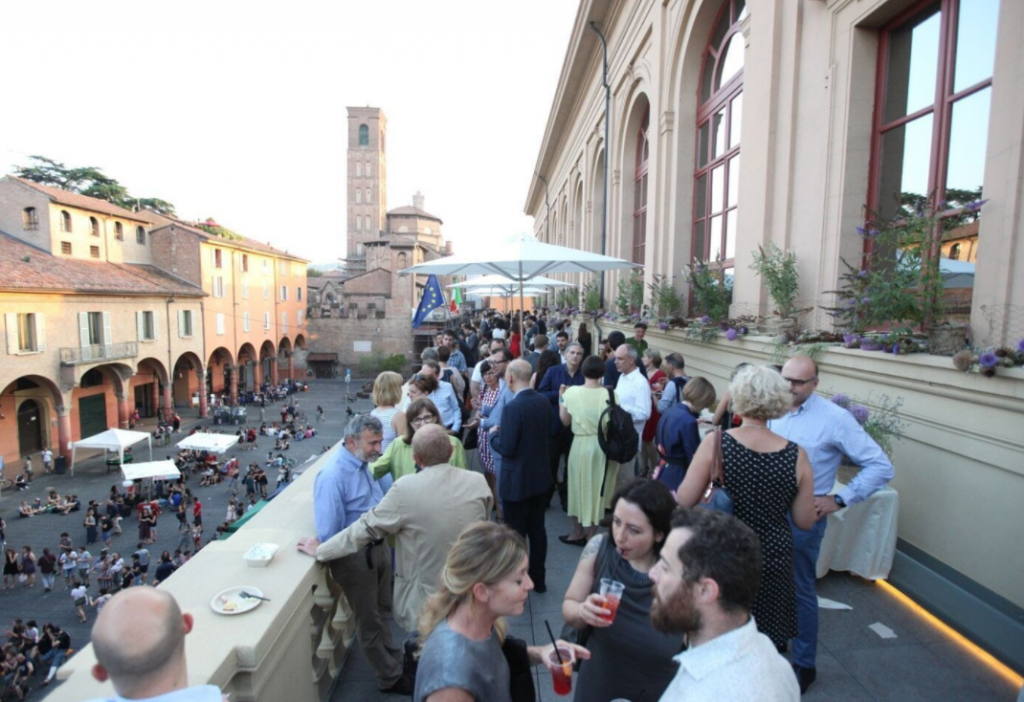
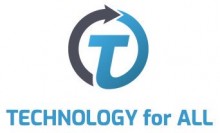

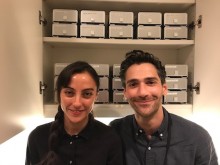
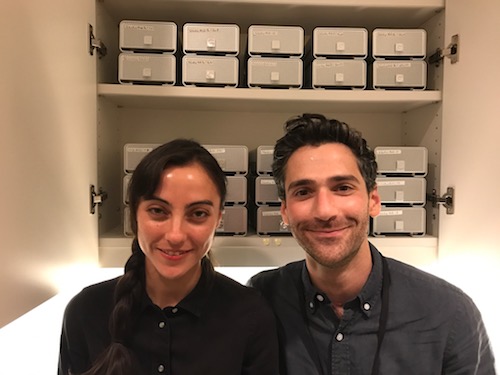
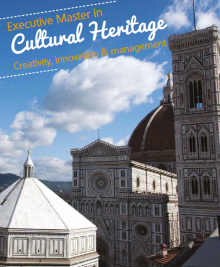
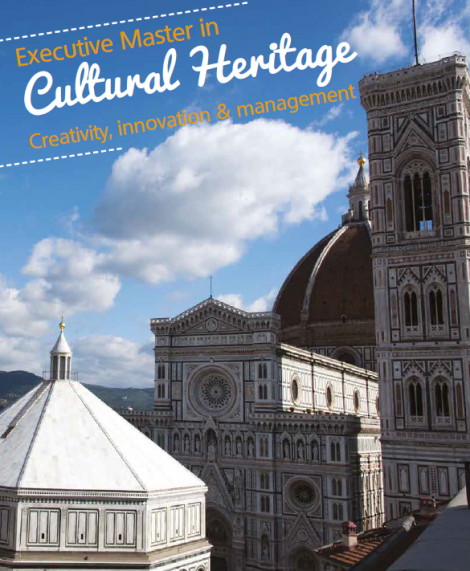 Università Cattolica del Sacro Cuore – Milano and Opera di Santa Maria del Fiore in Florence are glad to present the Executive Master in Cultural Heritage. Creativity, Innovation and Management: a one-year, full-time program, taught entirely in English, that attracts candidates from all over the world.
Università Cattolica del Sacro Cuore – Milano and Opera di Santa Maria del Fiore in Florence are glad to present the Executive Master in Cultural Heritage. Creativity, Innovation and Management: a one-year, full-time program, taught entirely in English, that attracts candidates from all over the world.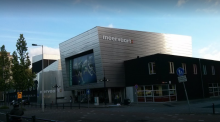
 Linked Data quality assessment and improvement – from academia to industry is a satellite workshop at Semantics 2017 conference in Amsterdam.
Linked Data quality assessment and improvement – from academia to industry is a satellite workshop at Semantics 2017 conference in Amsterdam.
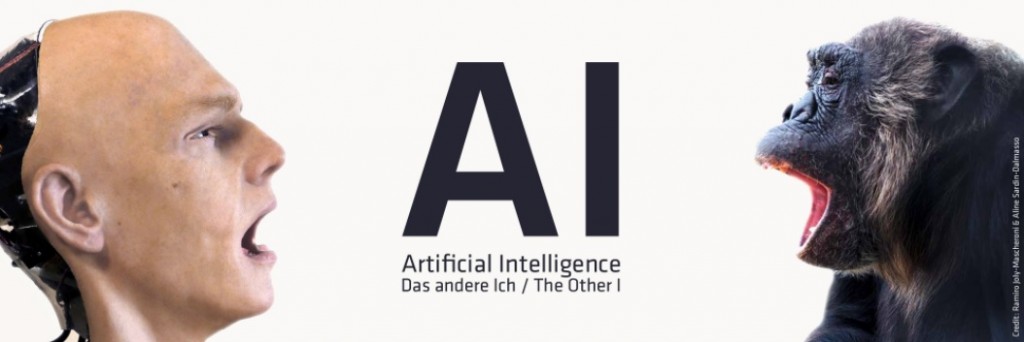

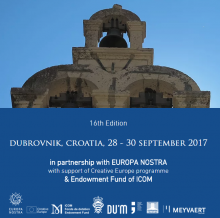

 If you have interesting news and events to point out in the field of digital cultural heritage, we are waiting for your contribution.
If you have interesting news and events to point out in the field of digital cultural heritage, we are waiting for your contribution.
